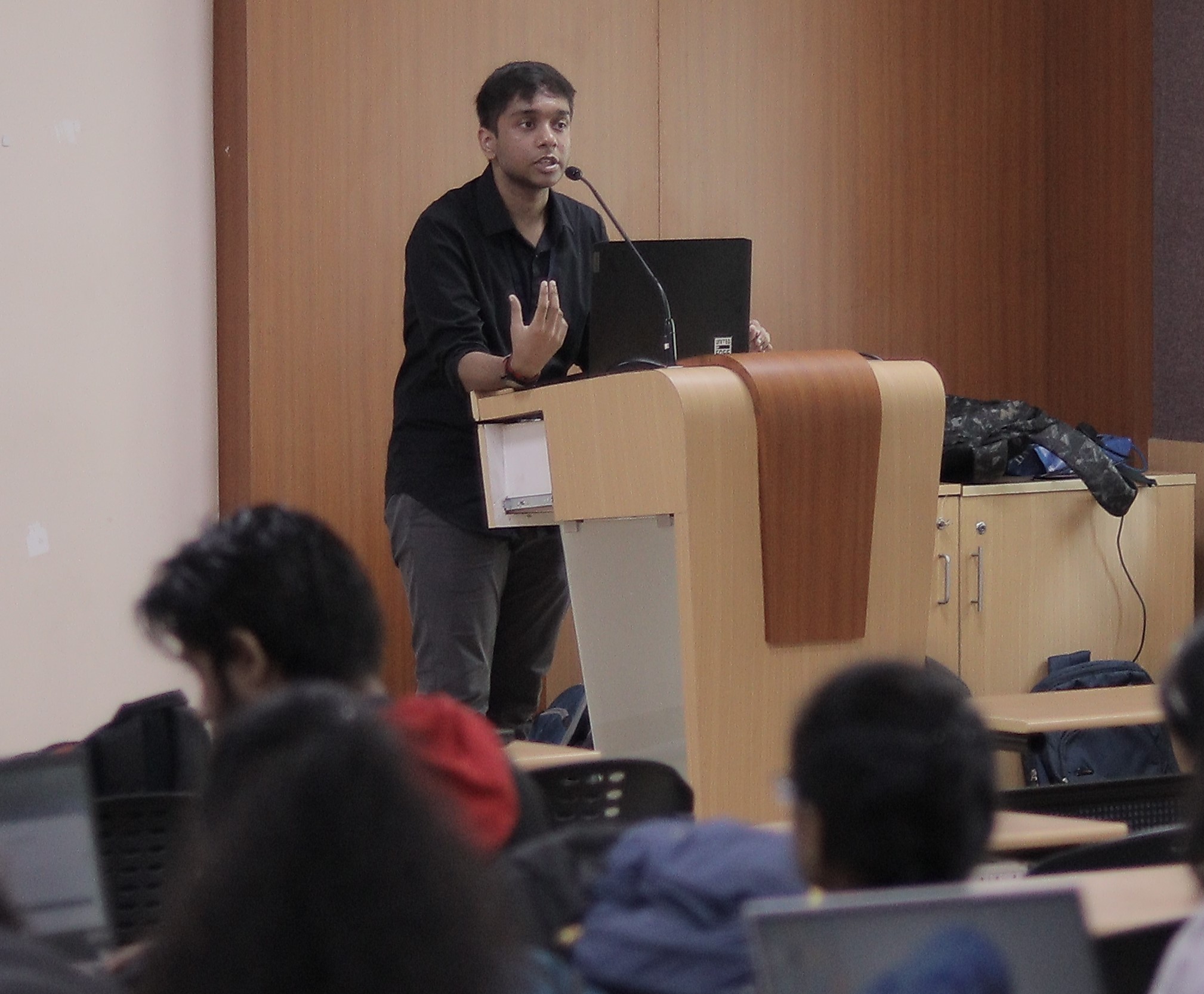The Stoic Wisdom: Thriving in Chaos
 Aviral Srivastava
Aviral Srivastava
As someone with a penchant for overthinking and a sometimes-irreverent sense of humor, I've come to realize that finding true happiness and contentment is no easy feat. With deadlines to meet, social pressures to navigate, and a future that seems increasingly uncertain, it's easy to get lost in negative thoughts and emotions. That's why I've turned to the ancient philosophy of Stoicism, which offers a practical and down-to-earth approach to finding meaning and purpose in life.
In this blog post, I want to share some of the insights I've gained from studying Stoicism, and how its teachings on gratitude, acceptance, and detachment can help us lead more fulfilling and positive lives. So, grab a cup of coffee (or your preferred beverage), sit back, and let's explore how Stoicism can help us find joy and contentment in the midst of life's challenges.
The central idea of Stoicism is that we should focus on what we can control and let go of what we cannot control. This might sound simplistic, but it's actually a profound insight that can transform the way we approach life. Stoicism teaches us that our emotions are under our control, and that we should not let external events dictate how we feel. Instead, we should cultivate an inner calm and serenity that is immune to the ups and downs of life.
One of the key practices of Stoicism is gratitude. The Stoics believed that we should be grateful for everything we have, even the difficult times, because they give us an opportunity to grow and learn. As the Roman philosopher Seneca put it, "Difficulties strengthen the mind, as labor does the body." When we focus on what we are grateful for, we shift our attention away from what we lack and towards what we have. This can help us cultivate a sense of contentment and fulfillment in our lives.
Another important practice of Stoicism is acceptance. The Stoics believed that we should accept the things we cannot change and focus our energy on the things we can change. This doesn't mean we should be passive or resigned, but rather that we should be realistic about what is within our control and what is not. When we accept the things we cannot change, we free ourselves from the burden of trying to control the uncontrollable, and we can focus our energy on the things that matter.
Detachment is also an important principle of Stoicism. The Stoics believed that we should not be attached to material possessions, status, or external success. Instead, we should focus on cultivating inner virtues such as courage, wisdom, and justice. When we detach ourselves from external success and focus on inner virtues, we become more resilient and less vulnerable to the ups and downs of life.
But how does all of this relate to happiness? After all, isn't happiness about getting what we want and achieving our goals? The Stoics would argue that true happiness is not about external success, but about inner peace and contentment. When we focus on what we can control, cultivate gratitude, acceptance, and detachment, we become more resilient, more compassionate, and more fulfilled.
Let me give you an example of how Stoicism can help us find happiness. A few years ago, I was studying for an important exam that would determine my future branch of studies. I had put in countless hours of study and preparation, but on the day of the first exam, I woke up with a terrible headache. I was miserable, and I knew that my performance would be affected by my illness. I was tempted to give up, but I realized that I could not change the fact that I was sick, but I could control my attitude towards it. I decided to accept my situation and do the best I could under the circumstances. In the end, I passed the exams with flying colors. But more importantly, I learned an important lesson about the power of acceptance and gratitude in the face of adversity.
Of course, Stoicism is not a magic bullet for happiness. Life is complex, and sometimes things happen that are beyond our control. But by embracing Stoic principles, we can develop a greater sense of resilience, inner peace, and contentment, which can help us navigate the challenges and uncertainties of life with greater grace and ease.
In addition to the principles of gratitude, acceptance, and detachment, there are other practices and techniques that can help us apply Stoicism to our daily lives. For example, mindfulness meditation is a powerful tool for cultivating inner peace and detachment. By training our minds to focus on the present moment and observe our thoughts and emotions without judgment, we can develop a greater sense of inner calm and serenity.
Another practice that is central to Stoicism is self-reflection. The Stoics believed that we should examine our thoughts, emotions, and behavior regularly and reflect on how they align with our values and principles. By doing so, we can become more self-aware and make conscious choices that are in line with our ideals.
So, if you're a college student like me and you're feeling stressed, anxious, or overwhelmed, perhaps Stoicism can offer you a way to find greater peace and contentment. By embracing the principles of gratitude, acceptance, and detachment, and by practicing mindfulness meditation and self-reflection, you can develop a greater sense of resilience, inner peace, and fulfilment.
In all seriousness, the ancient philosophy of Stoicism has much to teach us about how to enjoy and succeed in the here and now. The principles of gratitude, acceptance, and detachment can help anyone, college student or not, develop more fortitude, calm, and happiness in the face of life's inevitable ups and downs.
Subscribe to my newsletter
Read articles from Aviral Srivastava directly inside your inbox. Subscribe to the newsletter, and don't miss out.
Written by




